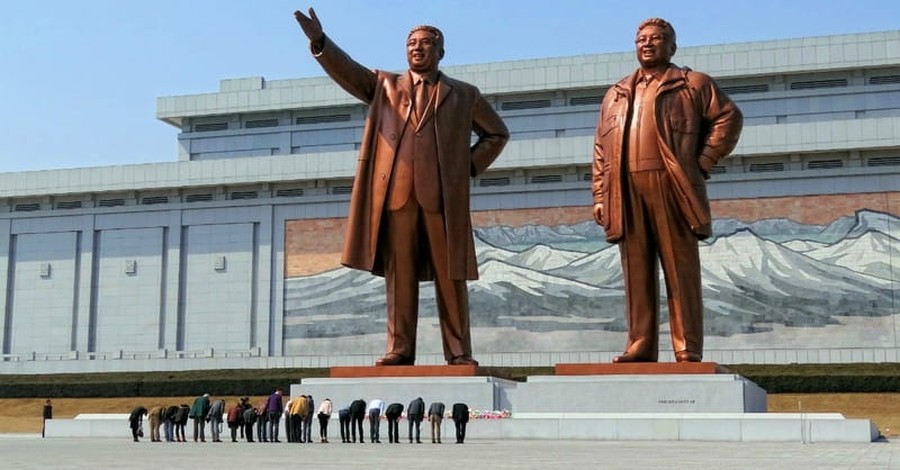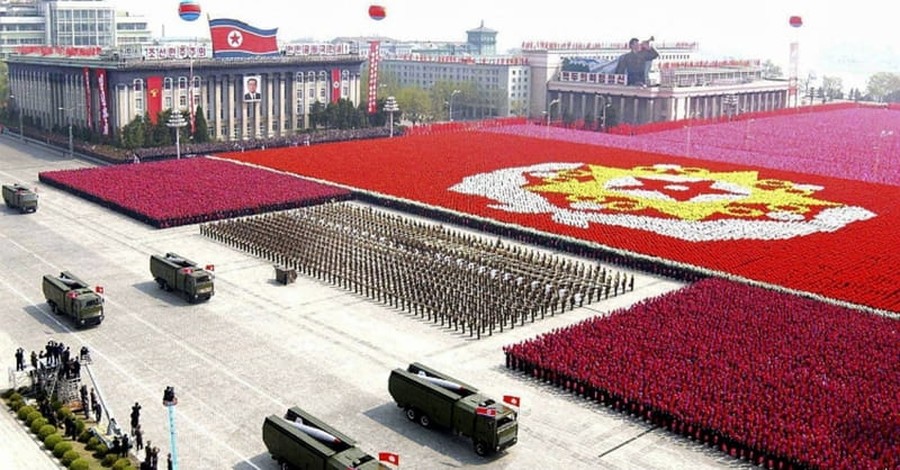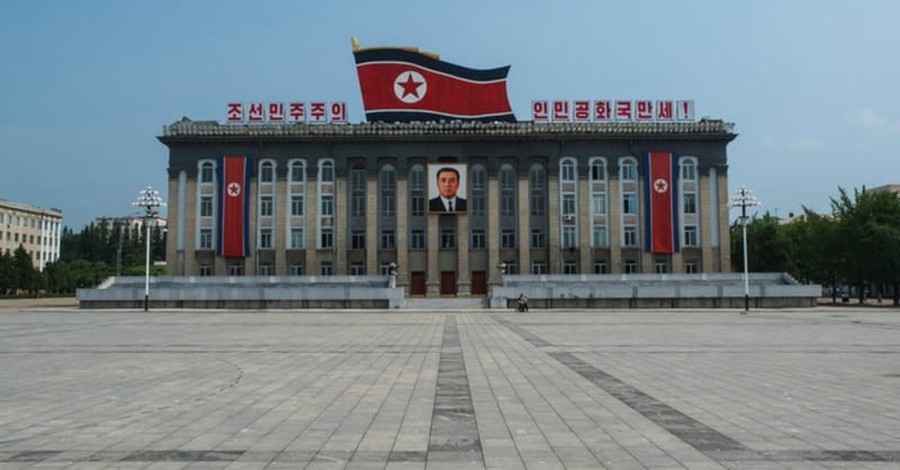How to Talk to Your Kids about North Korea

Photo courtesy: ©Thinkstock/natanaelginting

1. Consider the facts
Because children have limited access to reliable information sources, it is commonly the case that they are uninformed or misinformed about difficult topics. Furthermore, they are still developing the ability to effectively process complex information in limited time frames. You are not trying to prove yourself to be a subject matter expert on Asian foreign policy and military strategy. But you should seek to be a reliable source of insight for your children when significant developments emerge.
The facts around the conflict with North Korea are complicated. So, it is helpful to read articles, such as the Atlantic’s recent cover story, that can enable you to familiarize yourself with the history, current state, and future options on the issue. Of course, the level of detail you use when talking with your children will depend on their age, the priority of the issue in your home, and your parenting approach. But we can’t assume that children understand the details. So, helping your child to consider the facts establishes an essential foundation for the rest of the conversation.
Photo courtesy: ©Thinkstock/Tuongtong

2. Characterize the field
If the first factor helps your children to understand what is going on, this one equips them to understand who is involved. In this case, that could include explaining the major players, such as the American government and military personnel as well as North Korean leaders. For those that can understand the more complex aspects of the situation, you can explain the role of South Korea, China, the United Nations, and others in the conflict. Enabling our kids to understand who is involved helps to personalize the issue so that it doesn’t seem like an abstract problem that is disconnected from their experience in everyday life.
In addition to equipping kids to understand who is involved, characterizing the field also includes explaining how they are acting. One of the long-term benefits of candid discussions with your children about controversial issues in the news is that the events often provide teachable moments because of the stark expressions of good and evil, pride and humility, wisdom and foolishness. By providing insight into the character and integrity of the main actors in the situation, parents can better equip their children to display Christ-like character in their daily lives.
Photo courtesy: Wikipedia

3. Confront the fears
When children encounter significant issues, such as global conflict, it often induces anxiety. As a parent, you need to be the one who can anticipate and respond to the doubts and questions that arise in your child’s heart. It is a natural part of fallen humanity for people to respond to uncertainty with anxiety. That is no less true for our children (and, often, parents) when it comes to situations like with North Korea.
Parents must be willing to directly address the doubts and questions of their children. Will our country be safe from nuclear attack? Will our town be hurt if there is a conflict? Will my cousin who is in the military die if there is a war? These are a small window into the fears that may pop up in our children’s tiny hearts. Parents have the unique opportunity to shepherd our children through their fears. When you respond to them in honest and age-appropriate ways, you can signal how we follow a God we can trust, even in life’s most difficult circumstances.

4. Coordinate the flow
One of the most important factors parents must consider when discussing difficult topics with their children is how to coordinate the flow of conversation and information our children receive. What should they learn? When should they hear it? How should they learn it? The key to coordinating the flow of information on a controversial subject is to be intentional. Many parents find themselves reacting to a conversation that they are thrust into, rather than proactively anticipating the right opportunity to engage their children on the issue.
In the case of North Korea, coordinating the flow of conversation and information is critical. Surrounded by a 24-hour news cycle and fueled by a heightened apprehension by their peers, your children are going to be confronted by the latest developments in the conflict. The question is: who is going to shepherd your children through it? Will it be the talking heads on TV, the chattering peers in their class, or will it be you? As parents, we can’t always pick the topics we need to engage our children on, but we can coordinate the flow of how we do it.
Photo courtesy: ©Thinkstock/alexkuehni

5. Contend for the faith
When controversial issues arise, it creates amazing opportunities for parents to reflect on the implications of the gospel for even the most challenging issues in our culture. Don’t miss the opportunity to help your kids learn how to apply the gospel to everyday life. You can help them learn more about how God is at work in the world when you faithfully equip them to process the difficult effects of living in a fallen world.
There are many insights children can gain through candid conversations about what’s going on in North Korea. As you walk them through why geo-political conflicts develop, you can show them how the Bible has much to say about the history of discord in a James 4:1 world. As you explain the civic functions of our elected officials and military in strategic decision making, you can enlighten them to how the Bible shapes our view of the role government and war in a Romans 13 world. Perhaps most importantly, as you analyze the magnitude of the threat and engage the doubts in their heart, you can equip your children to pray for peace in a 1 Timothy 2:1-2 way.
Parents don’t get to pick the topics that occupy the news cycle. But you do get to shape the way your children think about them if you are intentional in your efforts. By integrating the five factors discussed above, parents can have gospel-shaped conversations with their children about any complex cultural issue.
Photo courtesy: Flickr.com
Slideshow adapted with permission from the Ethics &Religious Liberty Commission article "How to talk to your kids about North Korea."
Publication date: August 14, 2017






